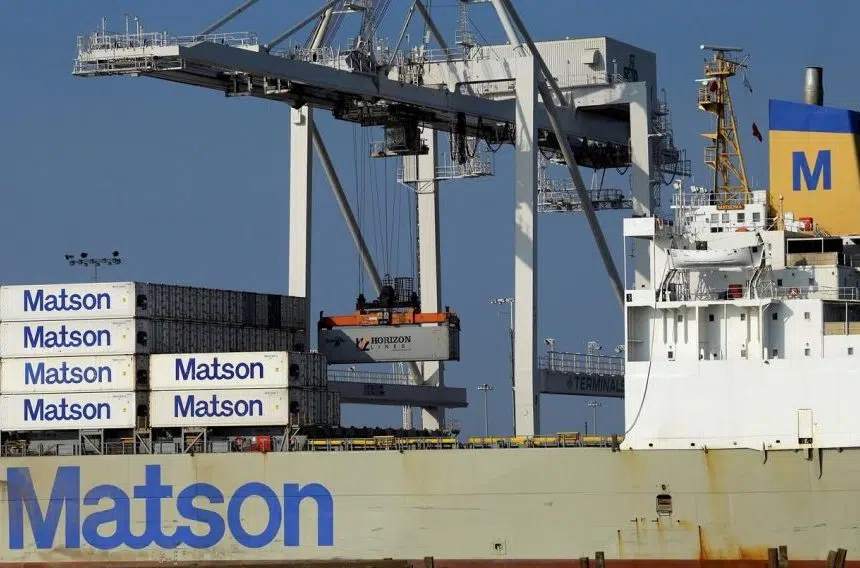WASHINGTON — The U.S. trade deficit widened in June for the first time in four months as exports fell and imports grew. Politically sensitive trade gaps with China, Mexico and Canada all increased.
The Commerce Department said Friday that the deficit in goods and services — the gap between what the US sells and what it buys from other countries — rose 7.3 per cent to $46.3 billion in June from $43.2 billion in May. U.S. exports slid 0.7 per cent to $213.8 billion; imports rose 0.6 per cent to $260.2 billion, led by increases in medicine and crude oil.
The United States ran goods deficits in June of $33.5 billion with China, up 0.9 per cent from May; $7.4 billion with Mexico, up 10.5 per cent; and $2 billion with Canada, up 39.7 per cent.
In the first half of the year, the United States has registered a trade deficit in goods and services of $291.2 billion, up 7.2 per cent from January-June 2017.
President Donald Trump campaigned on a promise to bring down the gap, which he views as a sign of economic weakness resulting from bad trade deals and abusive behaviour by U.S. trading partners like China and Mexico.
In a flurry of activity this year, he has slapped taxes on imported steel and aluminum and on $34 billion in Chinese products. He has threatened to dramatically increase the tariffs on China and to begin taxing imported cars, trucks and auto parts. He also is attempting to renegotiate the North American Free Trade Agreement with Canada and Mexico.
But his efforts have so far failed to contain the deficit.
“The president promised a transformation of trade policy to bring down the deficit,” said Lori Wallach, director of the left-leaning Public Citizen’s Global Trade Watch. Trump, she said, “has not lived up to his promises.”
Mainstream economists blame persistent U.S. trade deficits on an economic reality that can’t be changed much by trade policy: Americans spend more than they produce, and imports fill the gap.
In June, the United States posted a surplus of $22.5 billion in the trade of services such as banking and education. But that was offset by a $68.8 billion deficit in the trade of goods.
Paul Wiseman, The Associated Press
Latest







